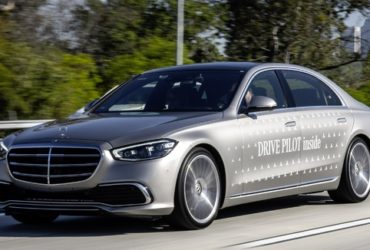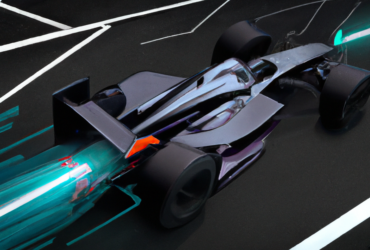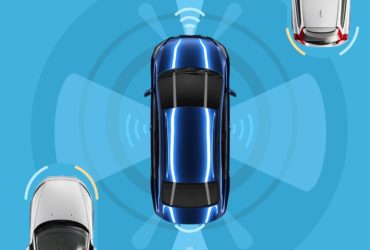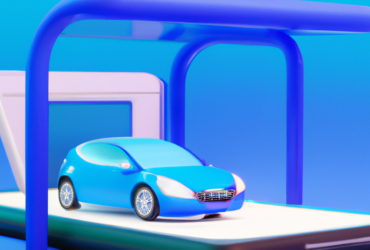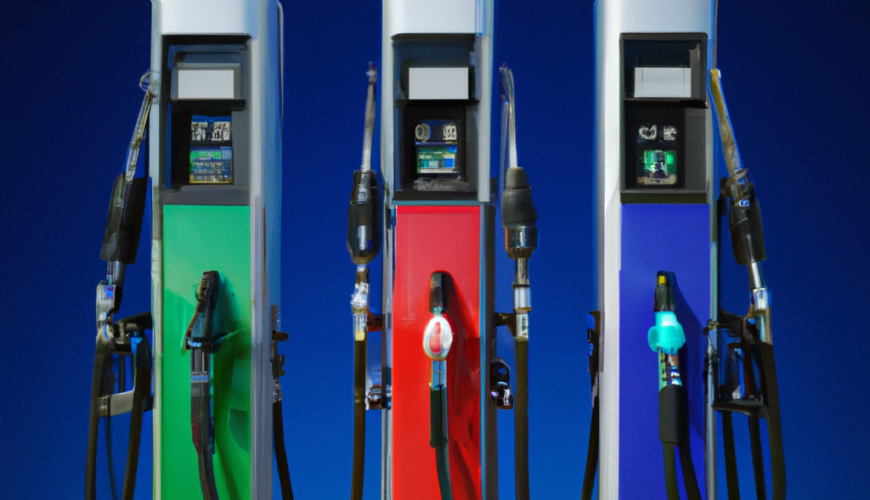
Fueling Your Ride: A Comprehensive Comparison of Petrol, Diesel, and CNG
Personal preference, driving style, and availability of different fuel types are just a few of the variables that influence the choice of the type of car to purchase. To assist you in selecting the vehicle that might be the greatest choice for you, we’ve included comparisons of petrol, diesel, and compressed natural gas (CNG) vehicles below.
Petrol cars:
Petrol automobiles, commonly referred to as petrol cars, are propelled by petrol, an oil-derived hydrocarbon fuel. Due to their broad availability, low initial cost, and easy access to petrol at filling stations, petrol cars are a popular choice for many drivers.
Pros:
- Widely available: Fueling up a petrol vehicle is simple because to the abundance of petrol at filling stations around the world.
- Low upfront cost: Compared to diesel or CNG vehicles, petrol vehicles are often less expensive to buy.
- Improved fuel efficiency: Petrol engines are becoming more fuel-efficient, making them a more cost-effective option for some drivers.
Cons:
- Pollution: Petrol engines generate more greenhouse gases and other hazardous emissions than diesel engines, which can worsen air pollution and the effects of climate change.
- Higher fuel costs: Because petrol is typically more expensive than diesel or CNG, petrol automobile owners may experience higher fuel prices.
Diesel cars:
Diesel fuel, which is derived from crude oil, powers diesel vehicles. Drivers may experience lower fuel expenditures as a result of diesel engines’ normally higher fuel efficiency than petrol engines. Diesel vehicles can be used for personal transportation as well as business transportation, such as buses and delivery trucks.
Pros:
- Improved fuel efficiency: Drivers may incur cheaper fuel expenditures as a result of diesel engines’ generally higher fuel efficiency than that of petrol ones.
- Lower emissions: Diesel engines have the potential to be more environmentally friendly than petrol engines since they emit fewer greenhouse gases and other harmful emissions.
Cons:
- Limited availability: Finding a gas station that sells diesel fuel may be more difficult as it is not as extensively distributed as petrol.
- Higher upfront cost: Diesel cars typically cost more to buy than petrol vehicles.
CNG cars:
Compressed natural gas (CNG), a clean-burning fossil fuel derived from methane, powers CNG cars, sometimes referred to as natural gas vehicles. Because it is less expensive and has a smaller environmental impact than petrol or diesel, CNG is a preferred option for some drivers.
Pros:
- Reduced environmental impact: CNG is a more environmentally friendly fuel alternative than petrol or diesel since it releases fewer hazardous emissions.
- Lower fuel costs: Because CNG is frequently less expensive than petrol or diesel, drivers may pay less for fuel.
Cons:
- Limited availability: It may be more difficult to refuel a CNG vehicle because CNG filling stations are less prevalent than petrol or diesel filling stations.
- Limited vehicle availability: There may not be as many options for CNG vehicles as there are for petrol or diesel vehicles.
Which type of vehicle you choose to purchase ultimately depends on your driving style and personal preferences. Due to its increased fuel efficiency, a diesel vehicle may be a wise choice if you frequently drive long distances. A CNG car can be a smart choice if you care about the environment because of its lower emissions. A petrol car may be your best option if you like a variety of vehicles and don’t mind paying more for fuel. Before choosing, it’s critical to carefully analyze each of these criteria.


